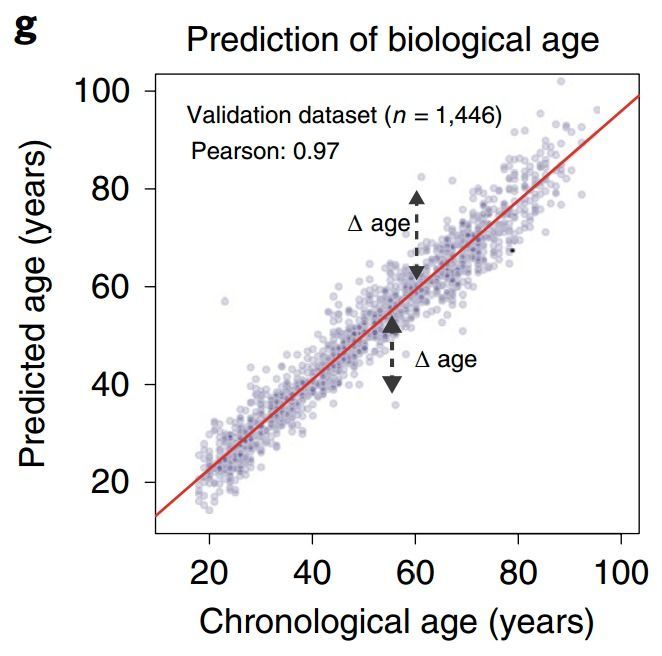The best way to avoid baldness is to stop hair from falling out in the first place. Now, researchers say a new hair growth discovery might help men keep their locks for a lifetime.
The new insight involves a structure lying within the hair follicle.
“Our major discovery is a previously unknown smooth muscle that surrounds hair follicles and is called the dermal sheath,” explained lead researcher Dr. Michael Rendl. He’s associate director of the Black Family Stem Cell Institute at the Icahn School of Medicine at Mount Sinai, in New York City.





